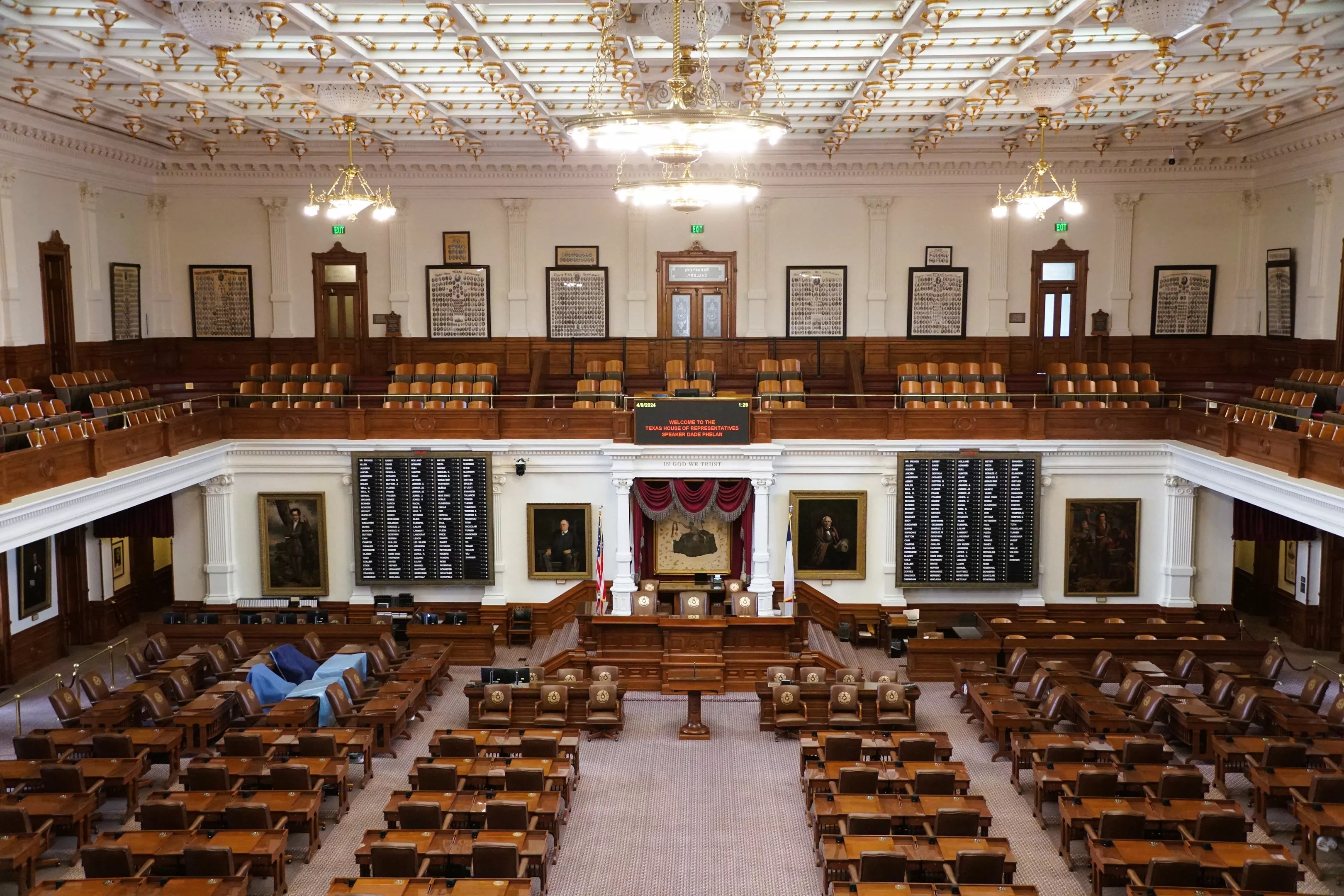
Adobe Stock

Audio By Carbonatix
Statistically, most voters only cast a ballot in the big election that happens every four years. The most politically active might vote every two years, when a senatorial seat is up for grabs or an attorney general contest gets especially spicy. But there are several elections every single year; there’s one right now. In the 89th Legislative Session, lawmakers passed 17 House Joint Resolutions that would alter the Texas Constitution; however, to formally do so, they must first obtain permission from the constituency, meaning Texans, for a rare moment, are in charge.
A glance at the current ballot looks something like this: tax issue, tax issue, tax issue, parental rights, tax issue and so on. The proposition, tucked into the 15th spot on the ballot, enshrining parental rights, is ringing alarm bells for youth trans advocates and reproductive care organizations, who worry the small semantic change noted in the prop could have onerous implications. Now, those organizations are urging droves of voters to hit the polls in the off-season and vote against Prop 15, one of the few times Texans have the opportunity to vote directly on a social issue.
“There have been attempts to put social issues on the ballots from the legislature before,” said Maude Shepherd, a reproductive justice legal fellow for Jane’s Due Process, a youth reproductive care advocacy organization. “But this is one of the first times that it’s really ended up on our ballots as we go to vote… On its face, this ballot language to many seems innocuous, when really it’s not innocuous at all, and it could be very harmful.”
The proposition, drafted by East Texas Sen. Bryan Hughes, who also filed the Texas Heartbeat Act that nearly banned all abortions in 2021, would add the following statement to the state constitution:
“To enshrine truths that are deeply rooted in this nation’s history and traditions, the people of Texas, here by affirm, that a parent has the responsibility to nurture and protect the parent’s child and the corresponding fundamental right to execute care, custody, and control of the parent’s child, including the right to make decisions concerning the child’s upbringing.”
Shepherd says the amendment will likely lay the groundwork for future legislation limitations.
“What we expect is that once this is passed, the legislature will use it to justify limiting youth access to health care, increasing classroom censorship, limiting youth access to gender-affirming care, limiting LGBTQ stories and accurate histories by way of classroom censorship, limiting access to reproductive and sexual health care and information and also could lead to more family policing,” she said.
“Parental rights” has been a hot-button term thrown around in the political sphere, and is a pretty bow tied on an ugly package of conservative bills nationwide that have specifically, but not solely, increased parental authority in schools, disproportionately affecting LGBTQ teenagers, says Shepherd.
“Youth go through all of these different experiences, and the teenage experience is not just one uniform experience,” she said. “This proposition will create uniformity in a way that’s totally unworkable, and it will also allow for the beliefs of just a few parents to control the families of everyone in the state.”
A Convenient Vote
Rarely do Texas voters get a say over social issues. Unlike other states, which require most laws to get constituent approval, our legislators and governor are in almost complete control once they’ve been elected. Even though Prop 15 is peripheral to creating major social changes, it’s one of the few opportunities Texans have to exercise true control, and voting has never been more important than now, says Joslynn Sanchez, a policy manager for Deeds Not Words, a women’s advocacy network.
“One thing I do like about moments like this, where voters get to come together to the ballot box and elect yes or no to certain propositions, is the fact that we don’t have to deal with something like in a presidential election, where people say, ‘’h, my vote doesn’t count because of the electoral college,’” she said. “When it comes to local and statewide elections, those numbers really matter… That’s why we really want to get people out to the ballot box.”
Sanchez says sneaking this issue into this election cycle at the end of this particular ballot is fairly convenient for GOP members who would like to see it pass.
“They’re using an election that’s mixed with a bunch of tax laws that are tax cuts, but that is also going to have an election with low voter turnout,” she said. “It’s all done very intentionally.”
Sanchez says this echoes the already inaccessible legislative process in Texas, but that voters now have an opportunity.
“You can look at the amount of people that go to the Capitol and how even when the majority is against a bill in testimony, they’ve registered against the bill, they testify in front of the committee and say, ‘We don’t want this bill to pass for XYZ reasons,’ the bill still moves through,” she said. “We saw that so many different times in the legislative session.”
Importantly, Shepherd notes that the convenience of ballot placement and the election cycle should not be overlooked when drawing conclusions based on the proposition’s performance.
“Should this pass, I don’t think that it is necessarily the citizens of Texas saying that they want to limit the rights of transgender youth or youth access to health care, because the jumps that people have to make to realize that that will be the effect of this are quite large,” she said. “… Even though it is an opportunity for people to vote directly on the ballot on these issues, I wouldn’t say that a result that puts this in the Constitution is actually reflective of Texans’ views on these issues.”